~とともに means 2 things are “together” or “simultaneous.” They can be replaced with ~といっしょに, ~と同時(どうじ)に or ~につれて. Check the details here.
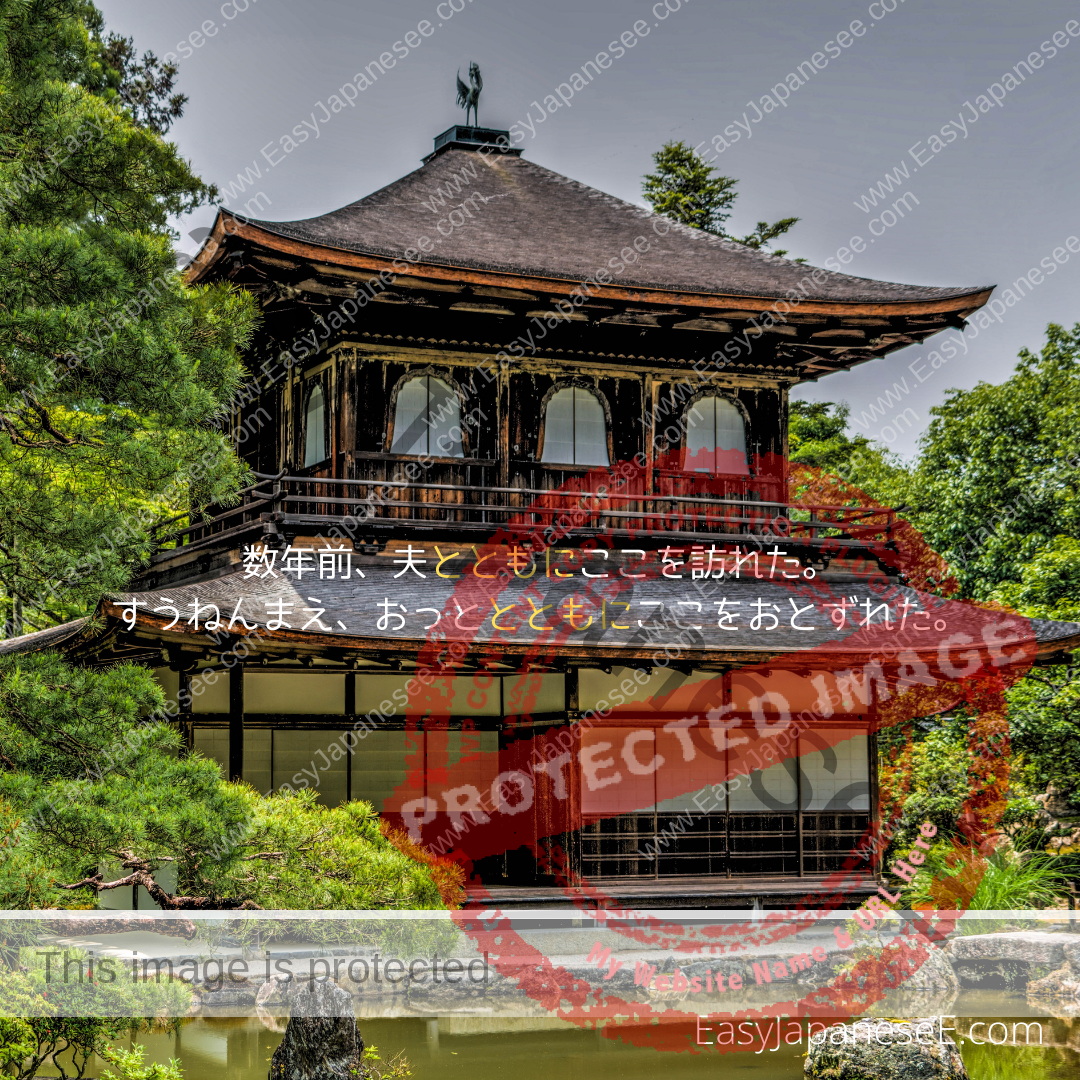

~とともに means 2 things are “together” or “simultaneous.” They can be replaced with ~といっしょに, ~と同時(どうじ)に or ~につれて. Check the details here.
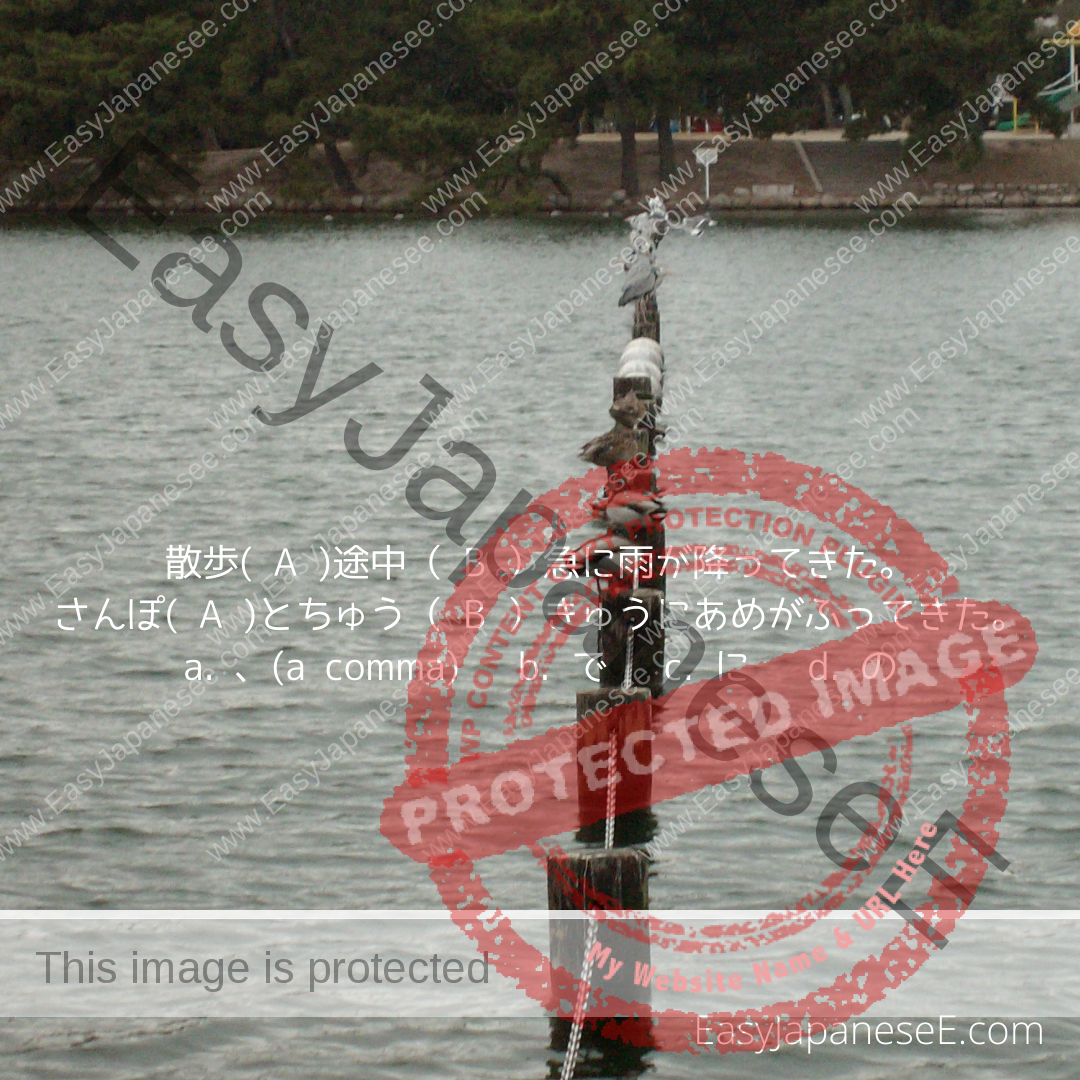
とちゅう is a noun which refers to a point between the starting point and the ending point. It can be a location or a time, or “in the middle of doing something”
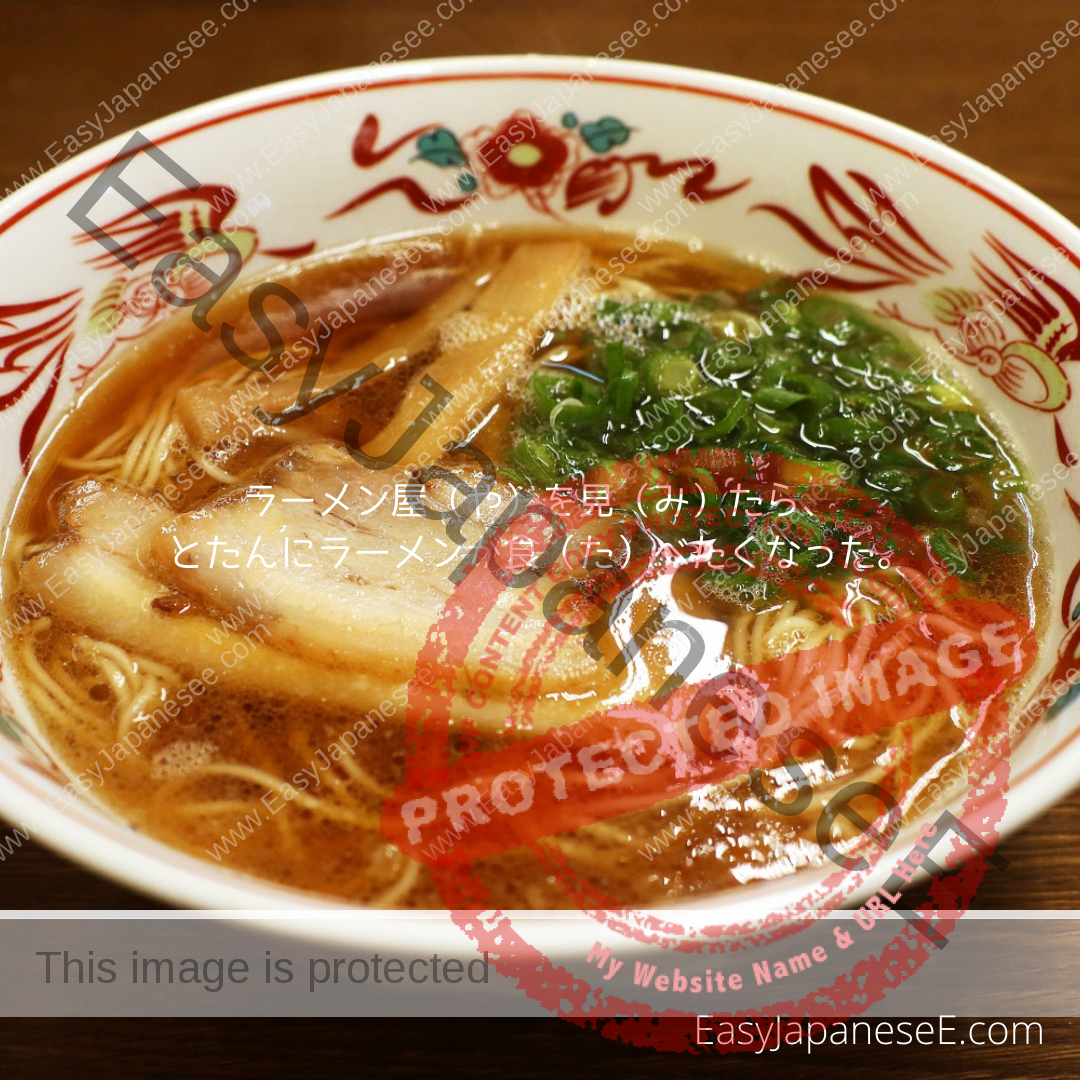
とたん is a noun meaning “the moment” or “the instant”. It can also be used after a past plain verb and ~とたん(に)… means “as soon as ~, … happens.”
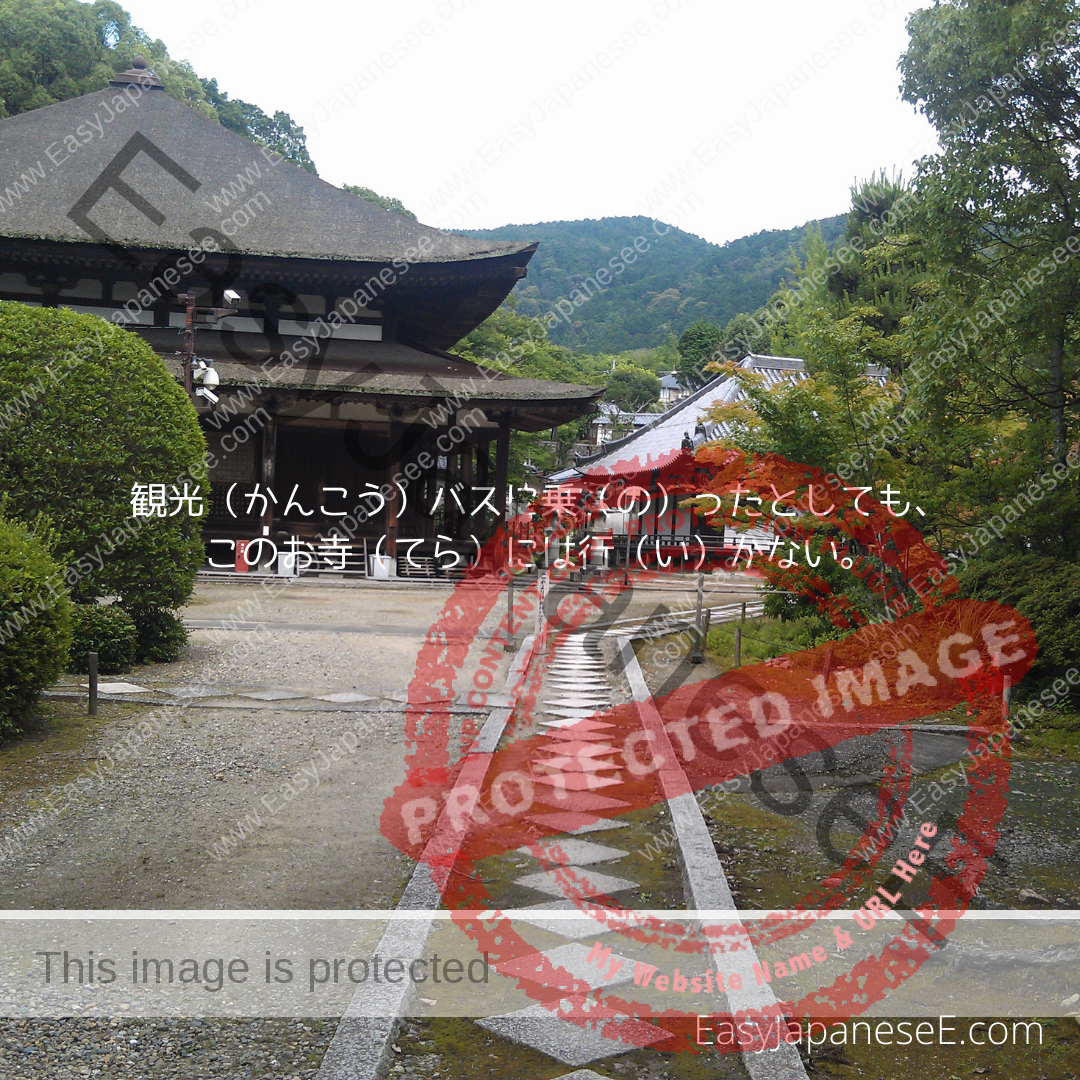
If としても follows a predicate, it is an expression for “assumption,” and ~としても can be translated as “even if ~,” “although ~,” “supposing that ~,” etc.
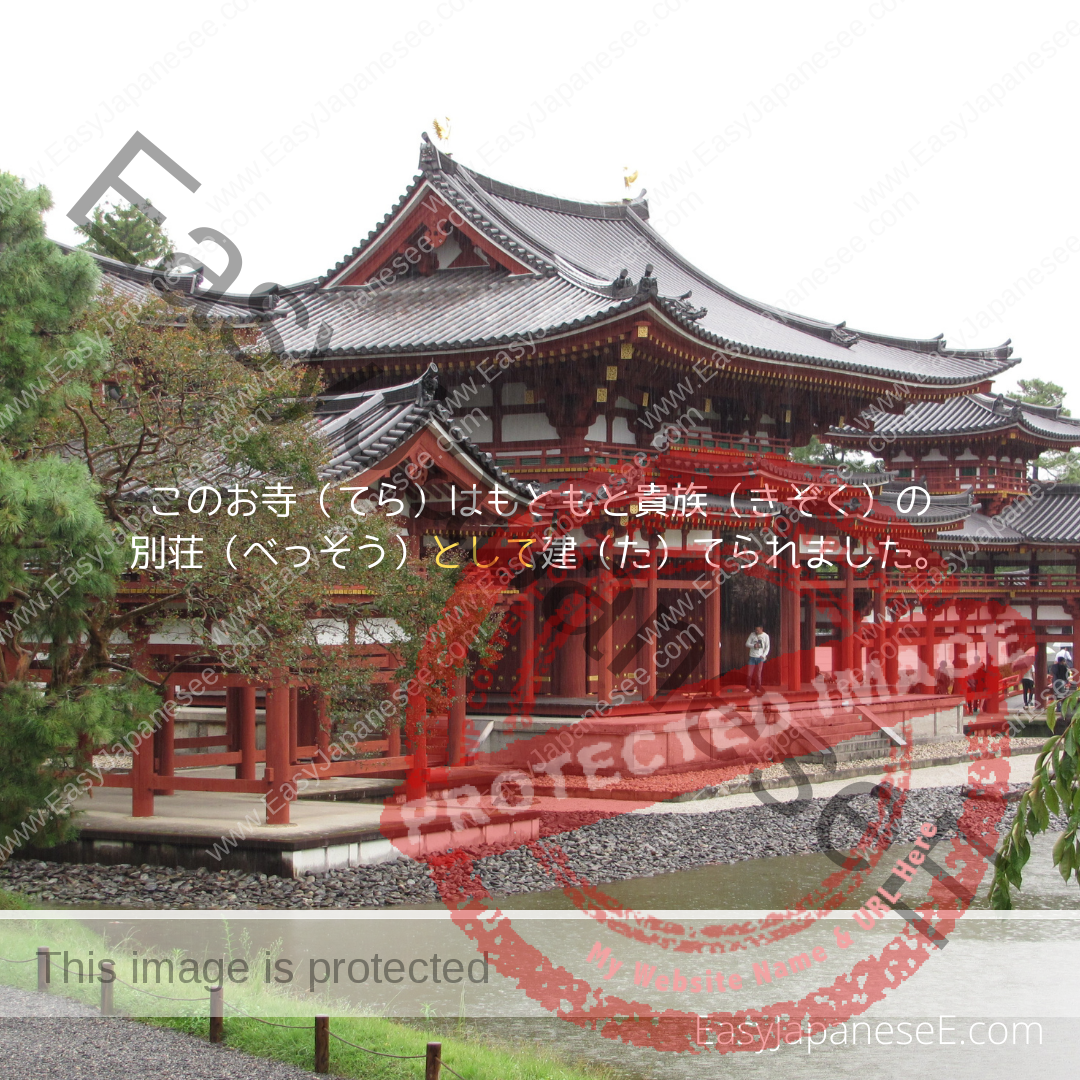
If the phrase として follows a noun, ~として means “in the capacity of ~” and can be translated as “as ~.” It’s different from when として is used with a verb.

~としたら、~とすると、~とすれば all are expressions to express an assumption. “Assuming ~, …” or “If ~, …” Here’s my attempt to explain the differences.
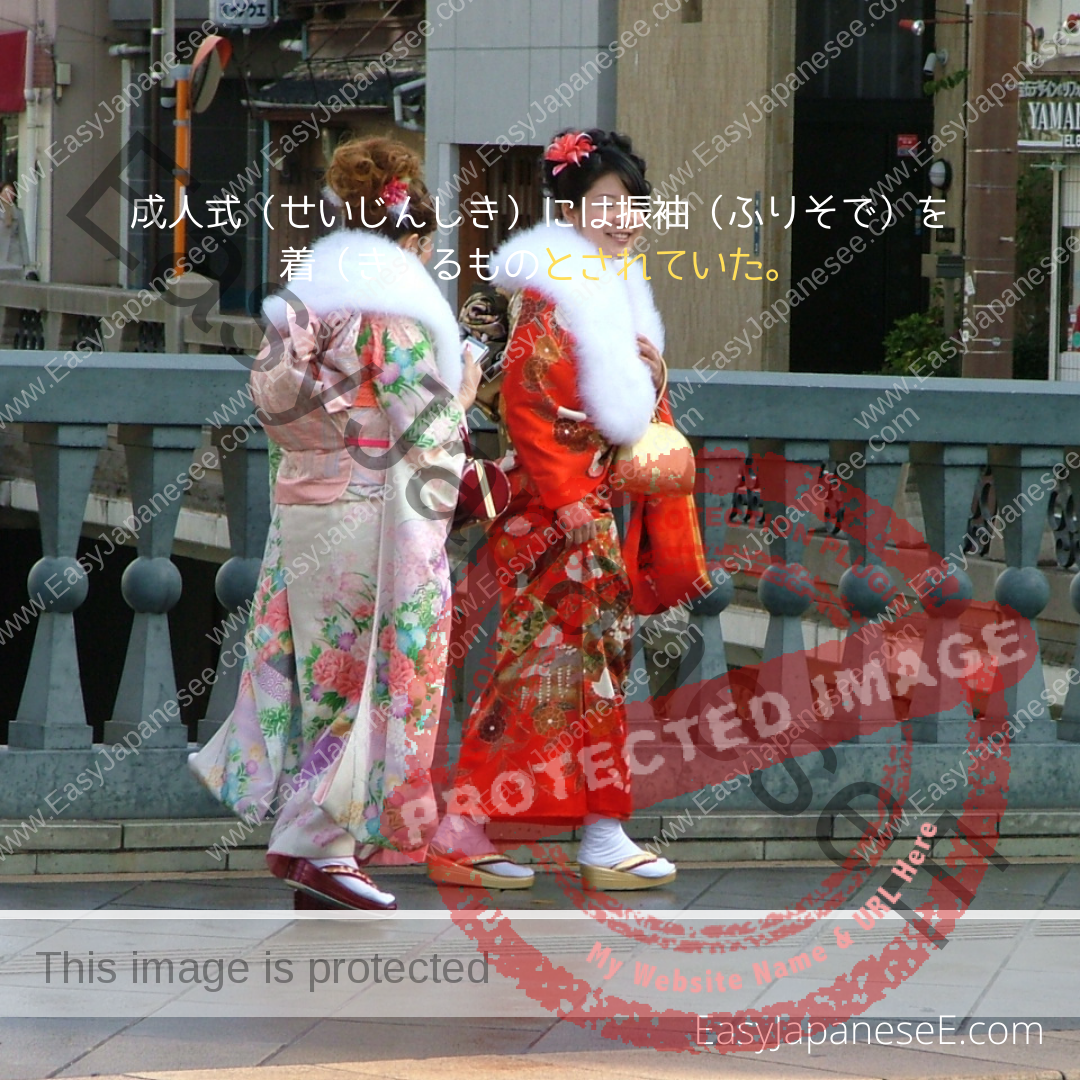
~とされている is very similar to ~といわれている but it can also be used to describe well-accepted customs. Check the usage with examples here.
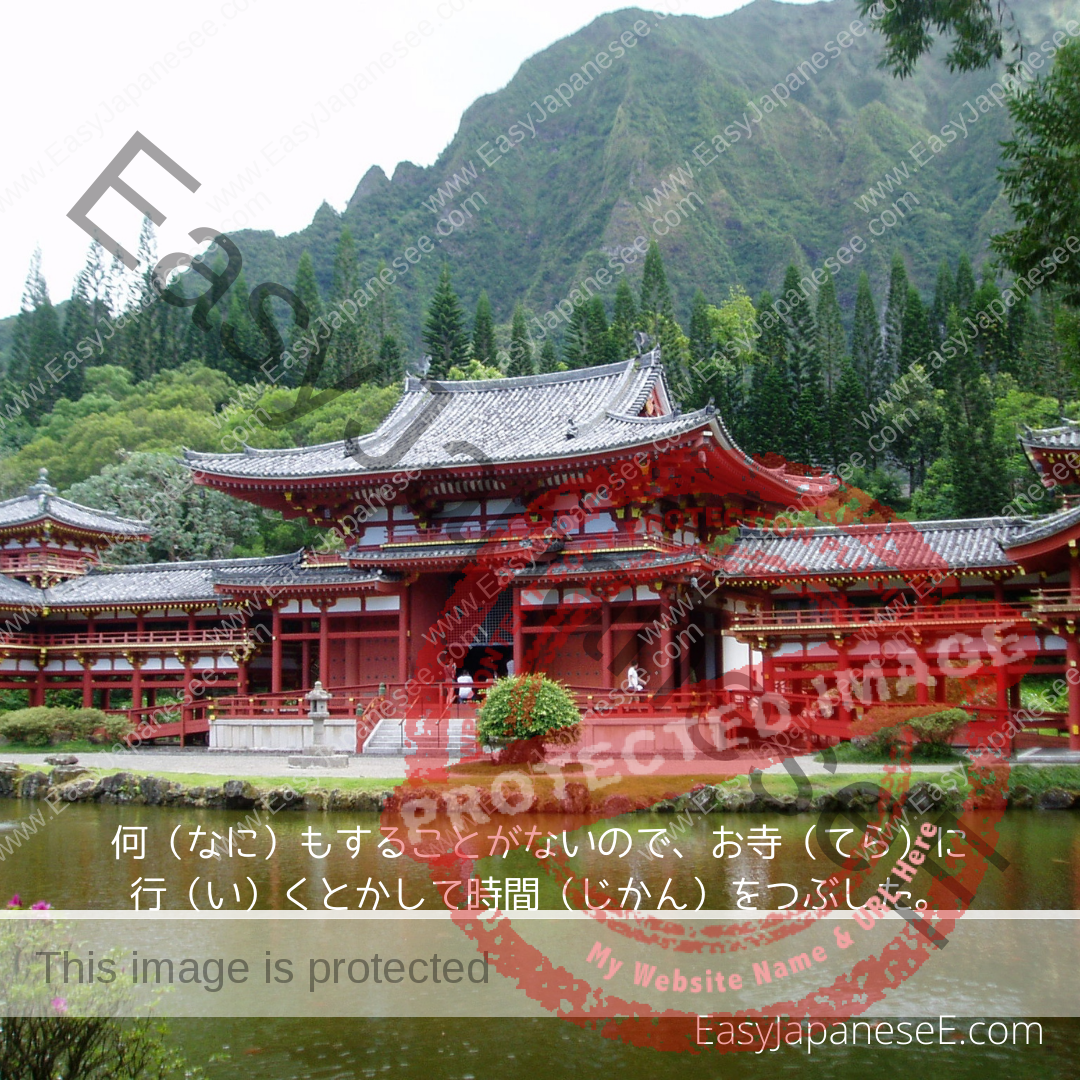
~とか is an expression to list examples. It is similar to ~や or ~など but ~とか is more casual and doesn’t get used in writing very often.
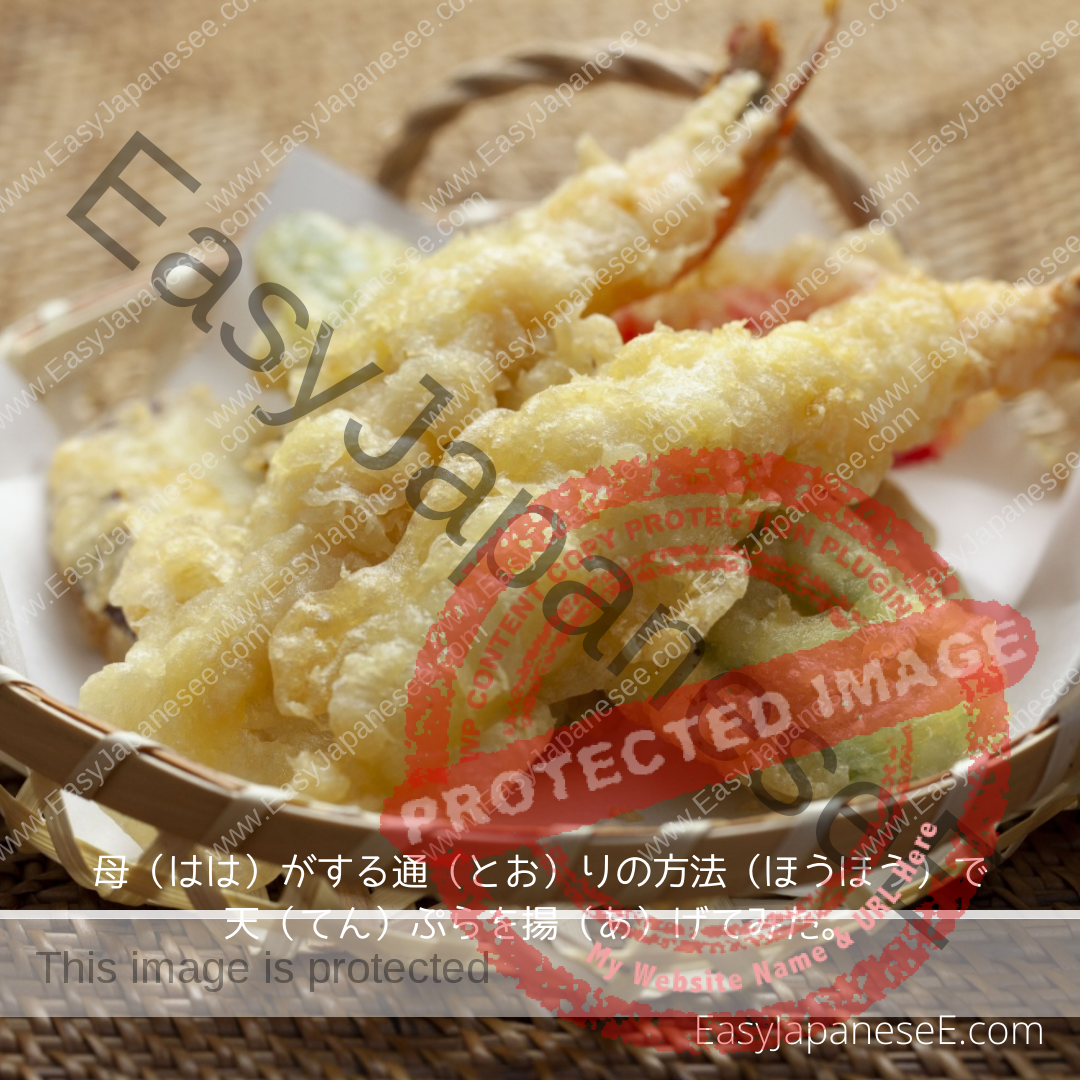
通り itself means “a street” but today I’m writing about ~とおり/~どおり which can be translated as “as ~,” “in accordance with ~,” or “according to ~.”

とおす itself means put someone/something through (to …) but it can be used after a verb stem and ~とおす adds the meaning of “continuously” and/or “to the end.”
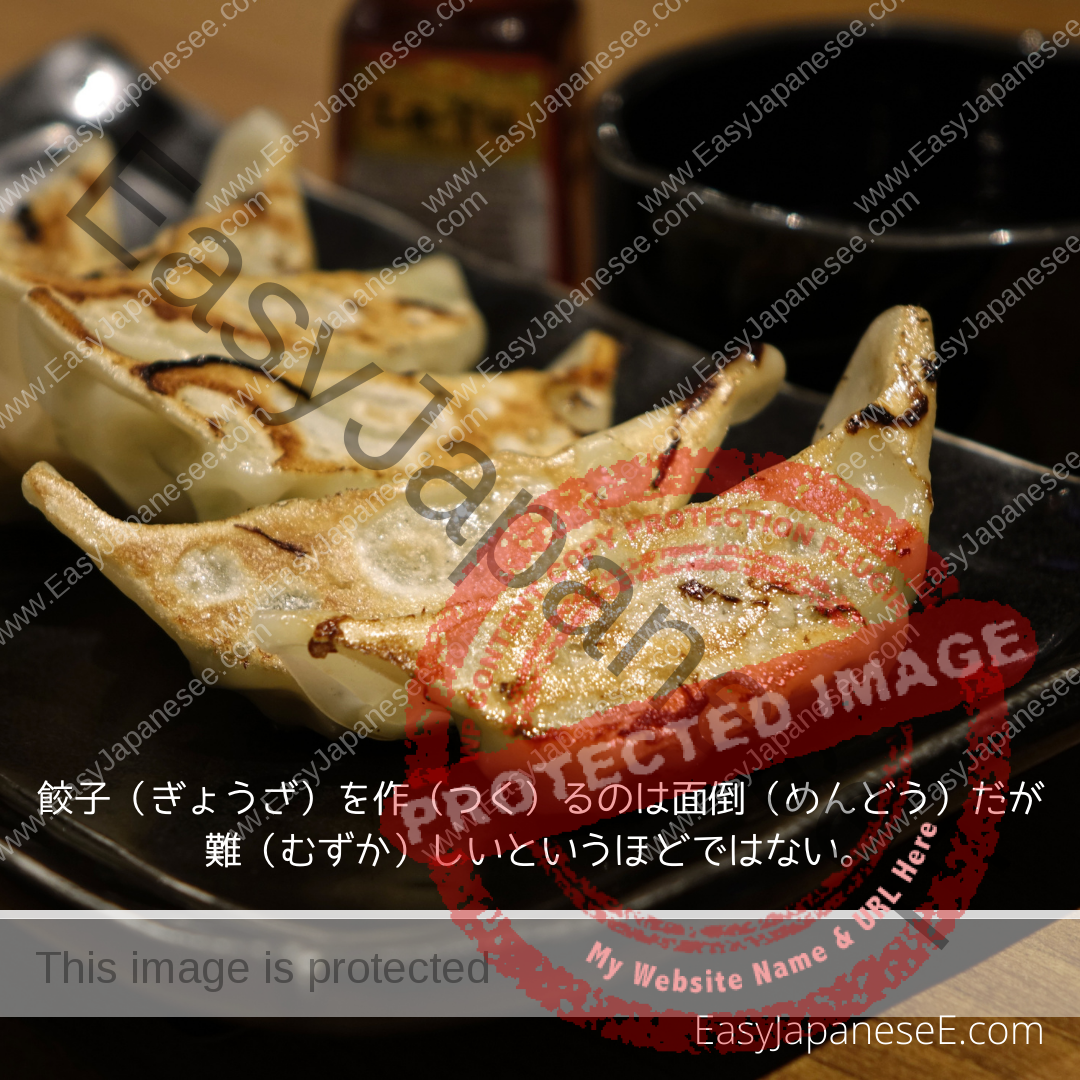
~というほどではない is an expression to say “the extent of something is not as much as you would call ~.” It is often used to make a humble statement about oneself.

~てもみないで means “even though one doesn’t do ~” and implies the sense of criticism and/or accusation. ~てもみないで can be used with a wide variety of verbs.

~てもみない is an expression to emphasise surprise or unexpectedness. It is usually used in the past tense and that means “one has never thought …”
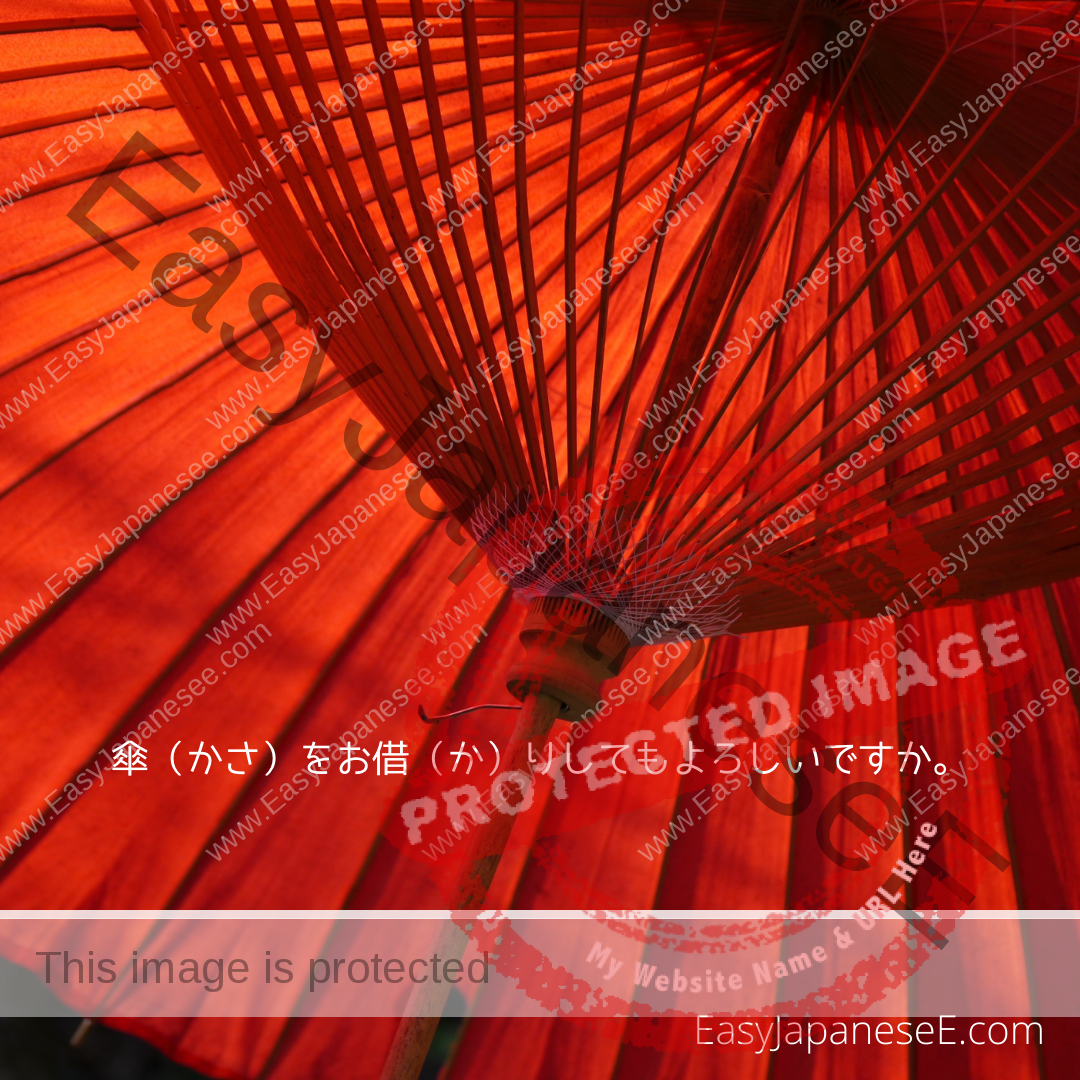
~てもよろしいですか or ~てもよろしいでしょうか is a more formal and more polite way of saying ~てもいいですか (May I ~?). Check its usage and how to respond here.
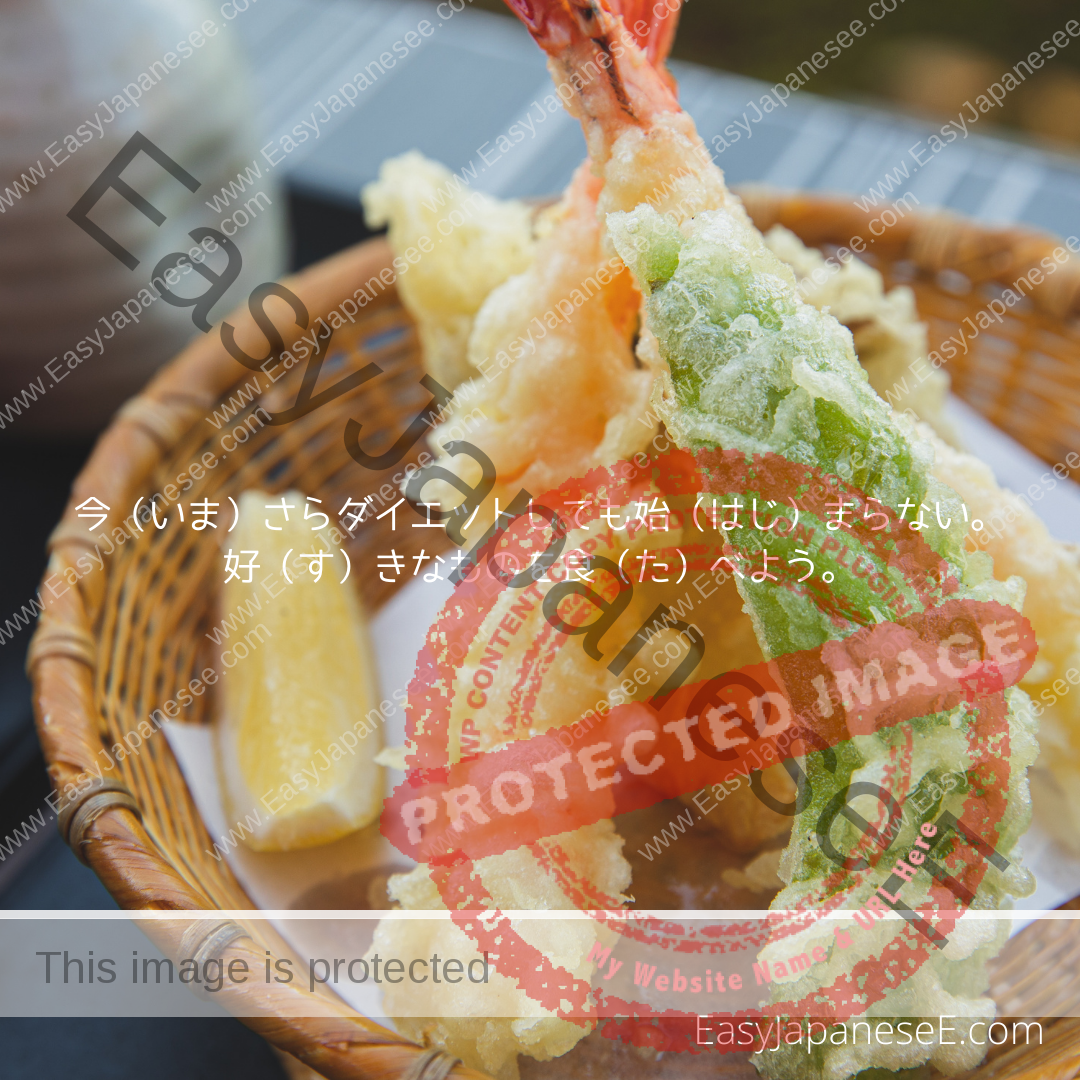
はじまらない is the negative of the intransitive verb はじまる, to begin or to start, so ~てもはじまらない literally means “even if ~, nothing will start.”
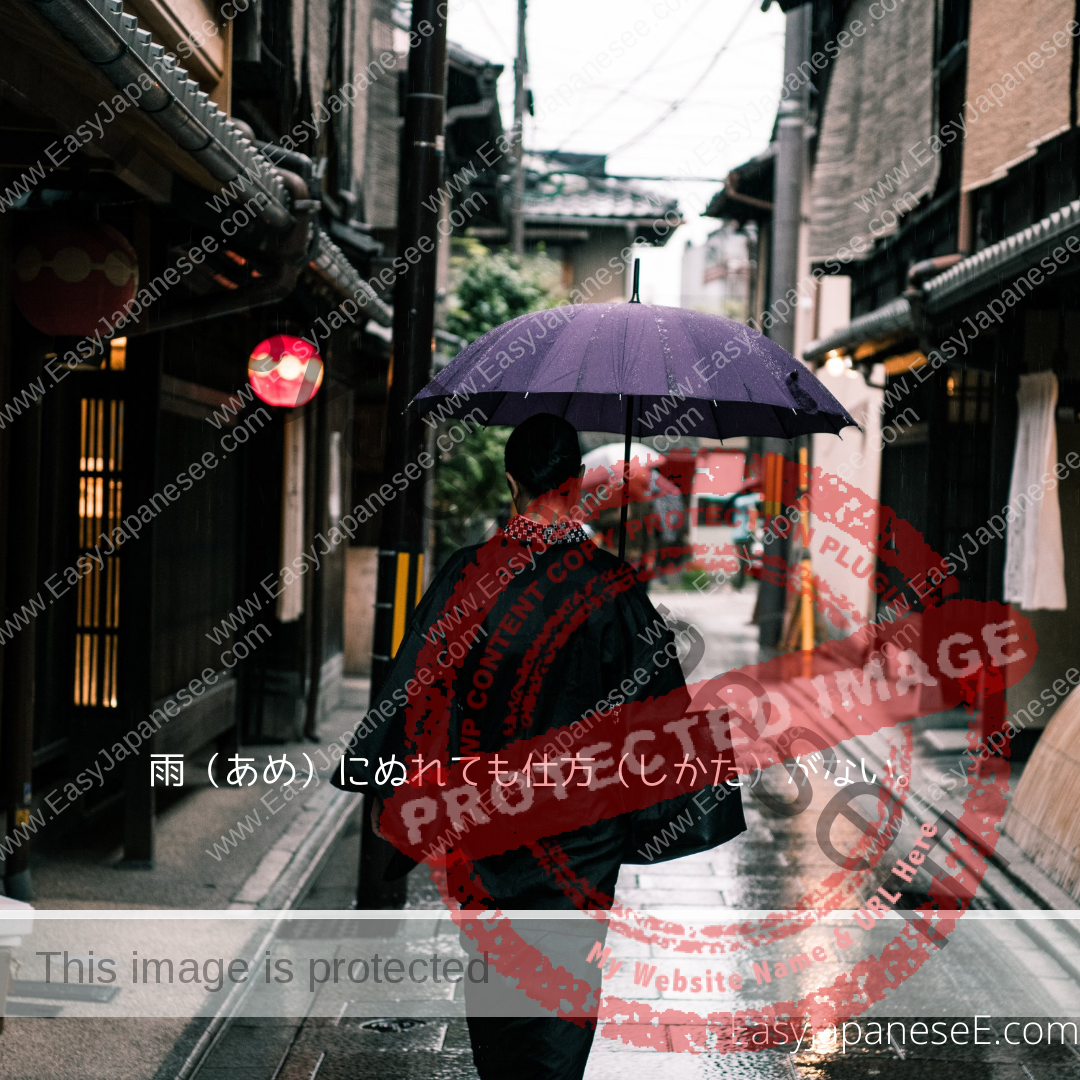
~てもしかたがない or ~てもしょうがない is one of the very common phrases Japanese people use. Do you know what it means? Check it out here.

~てもかまわない is used in 2 different meaning. One is a politer version of ~てもいい and the other one is “It doesn’t matter.” Check the usage here.

~ても is used twice to convey “the result would be the same even if different conditions are met.” ~ても、…なくても is for “the result is the same whether or not ~.”

~ても means “even if ~.” We sometimes use ~ても twice to convey the feeling that “the result would be the same even if different conditions are met.”
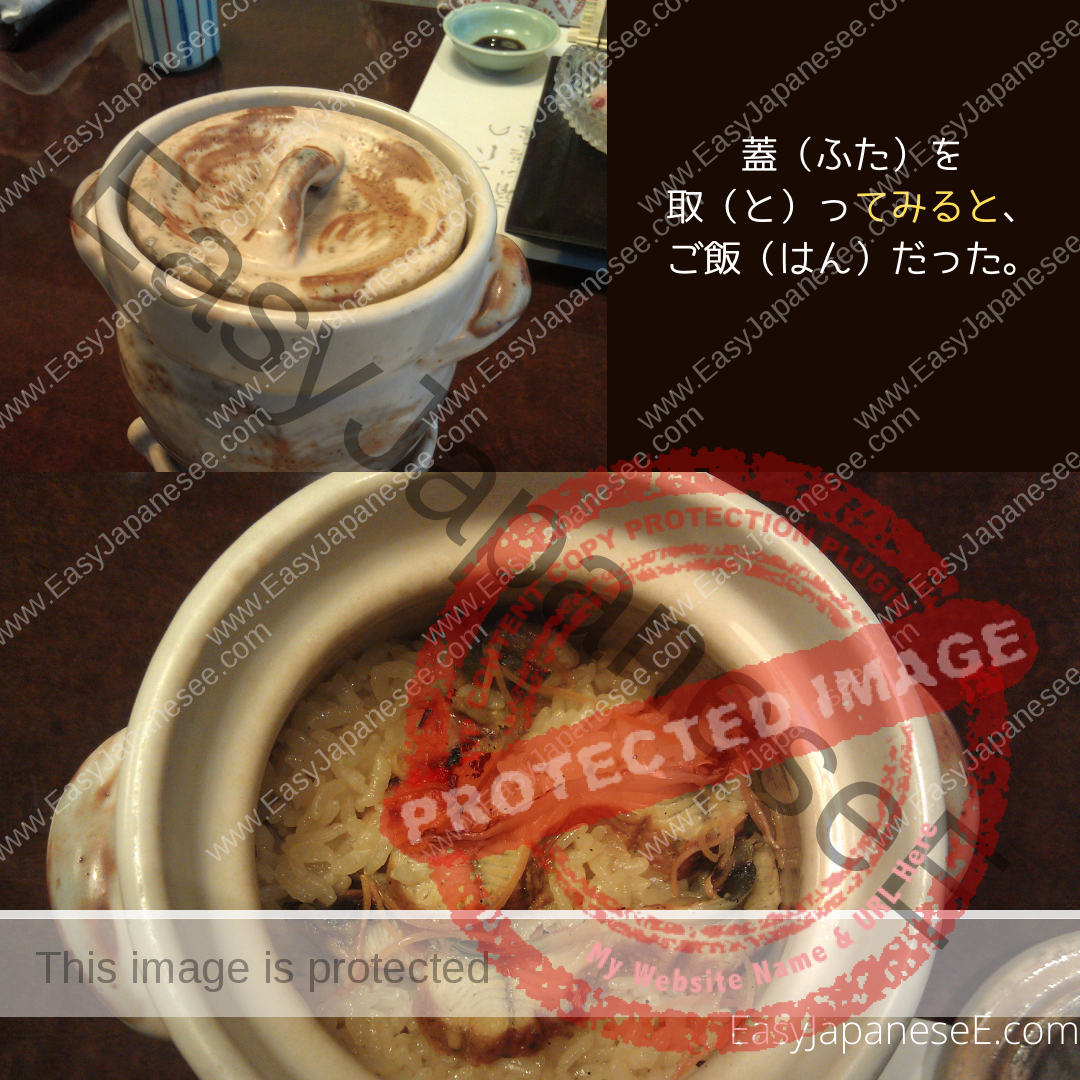
~てみると can describe an action that we do without thinking about the outcome which is expressed in the latter half of the sentence. ~てみたら is almost the same.
